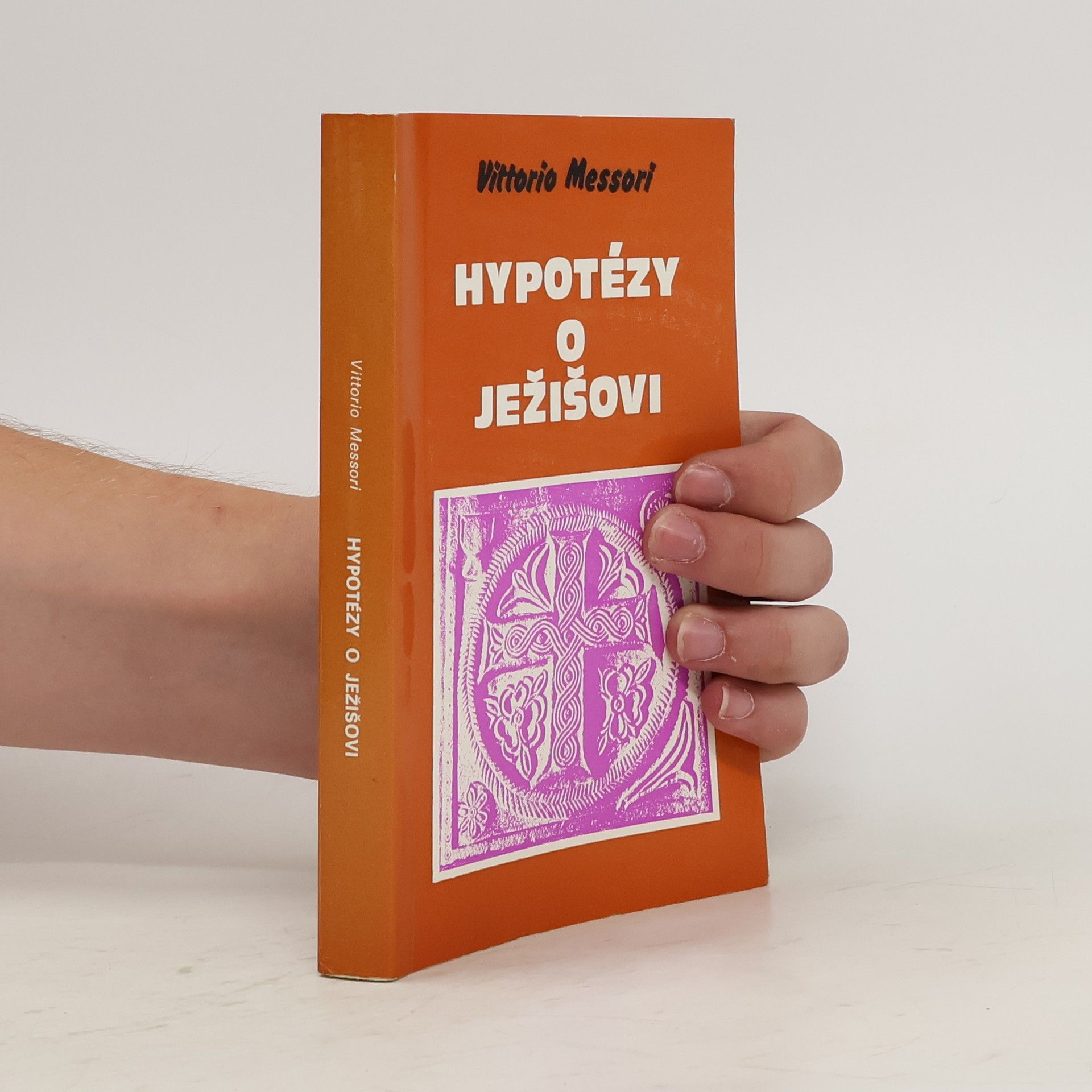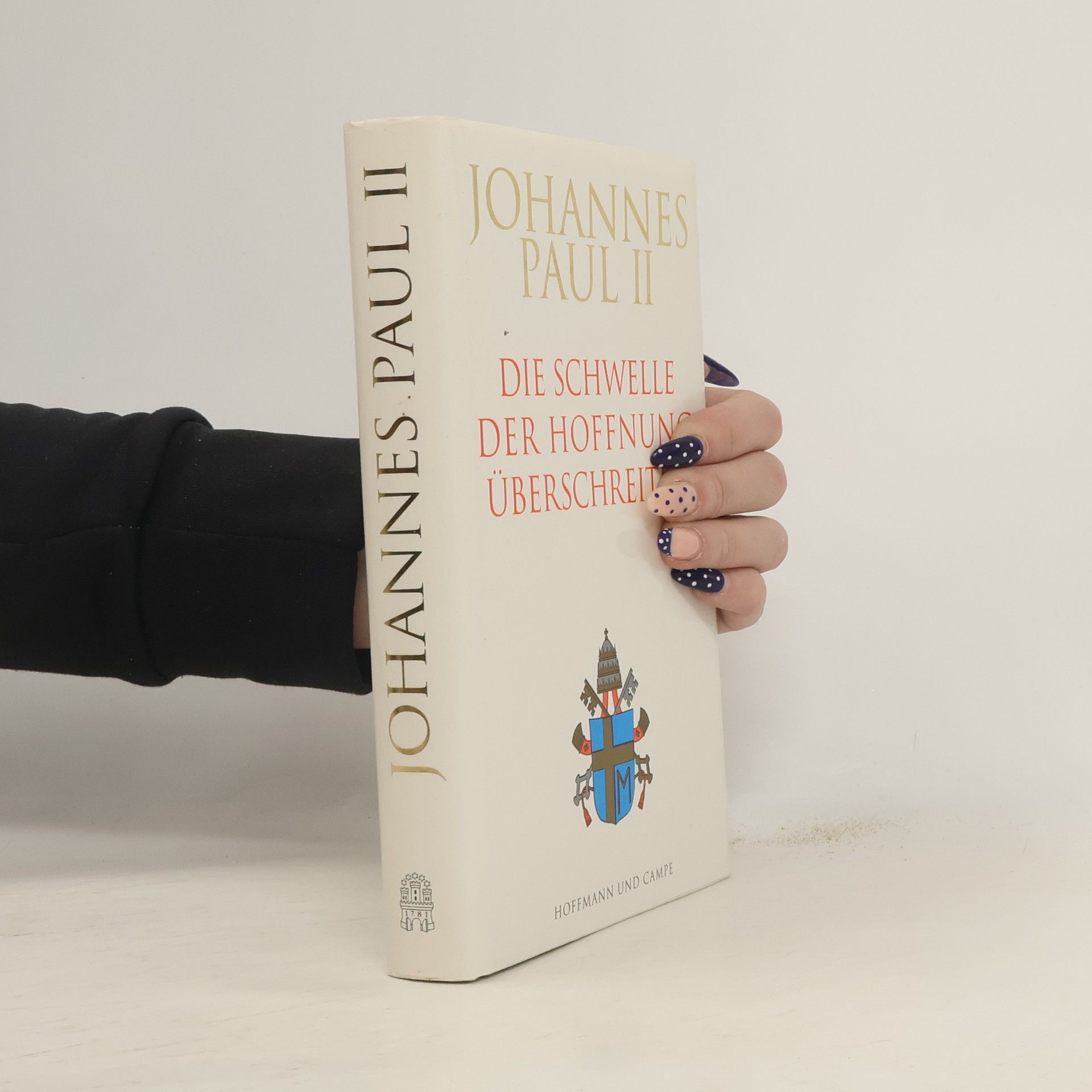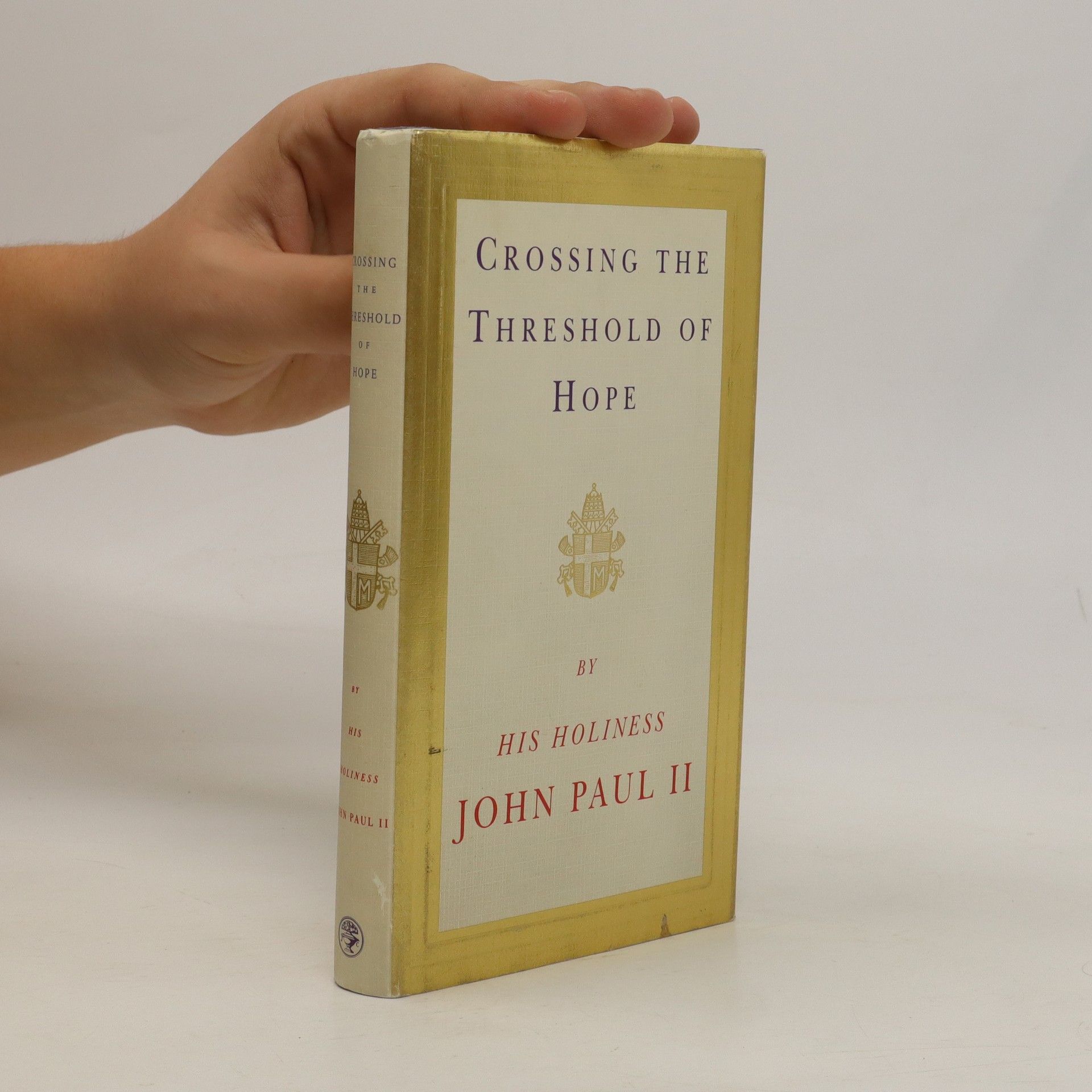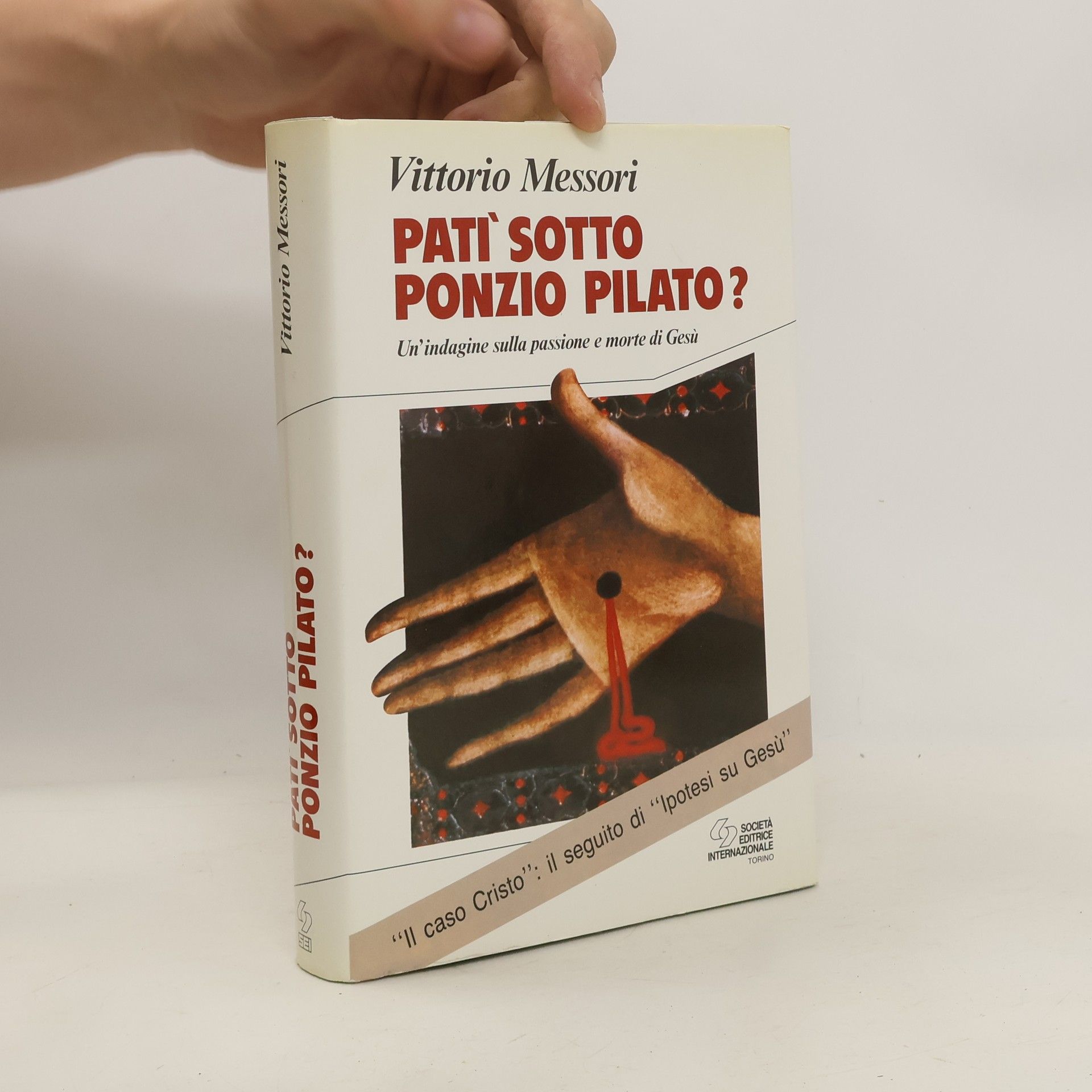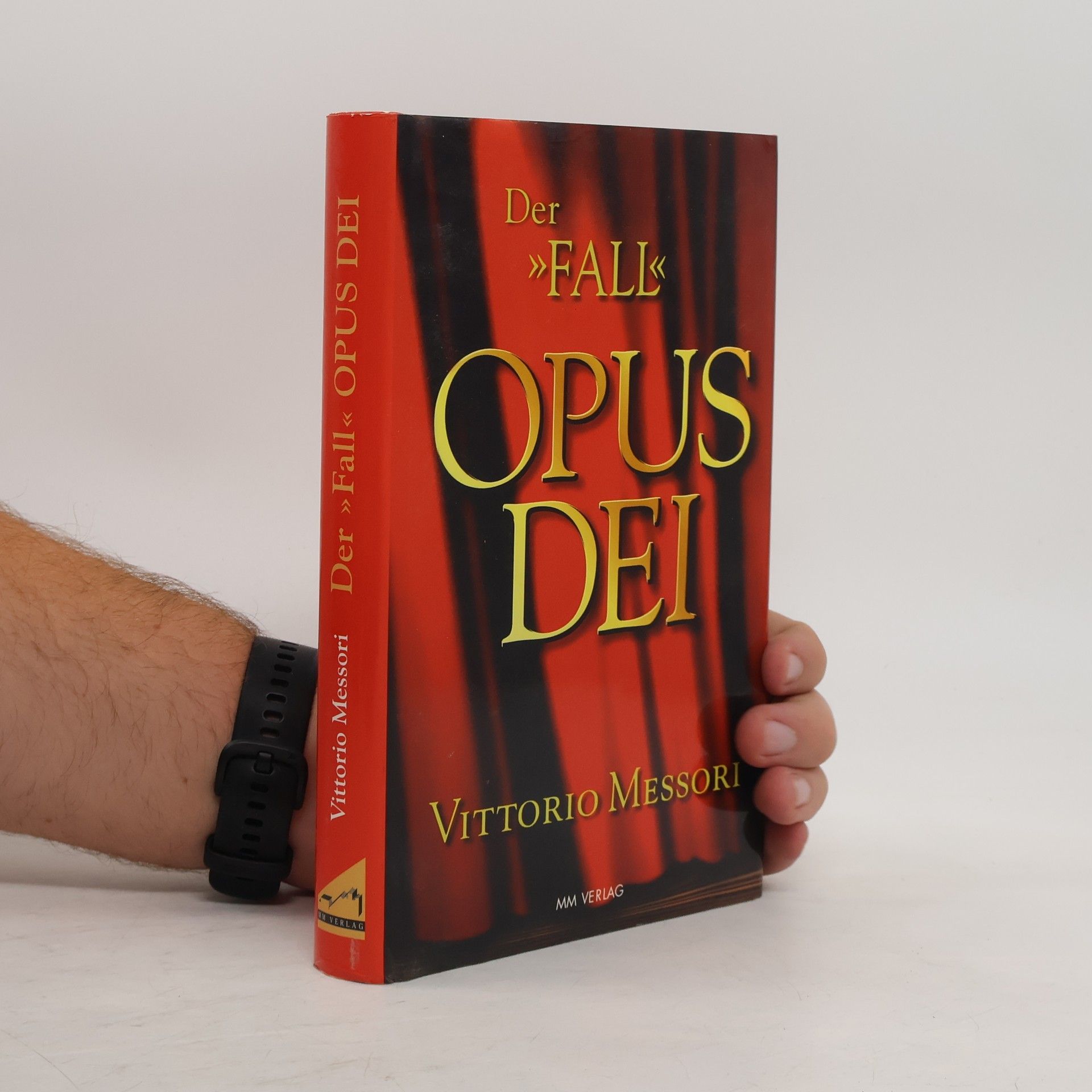Crossing the Threshold of Hope
- 244 pages
- 9 hours of reading
15 years into his papacy, and on the eve of a new millennium, John Paul II brings to an accessible level the great theological questions of our lives. He goes to the heart of his personal beliefs and speaks with passion about the existence of God; about the dignity of man; about pain, suffering and evil; about eternal life and the meaning of salvation; about hope; and about the relationship of Christianity to other faiths and that of Catholicism to other branches of the Christian faith.

